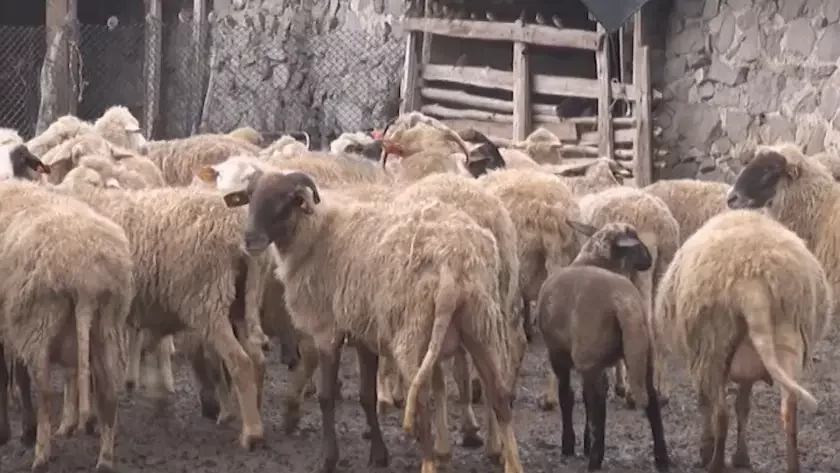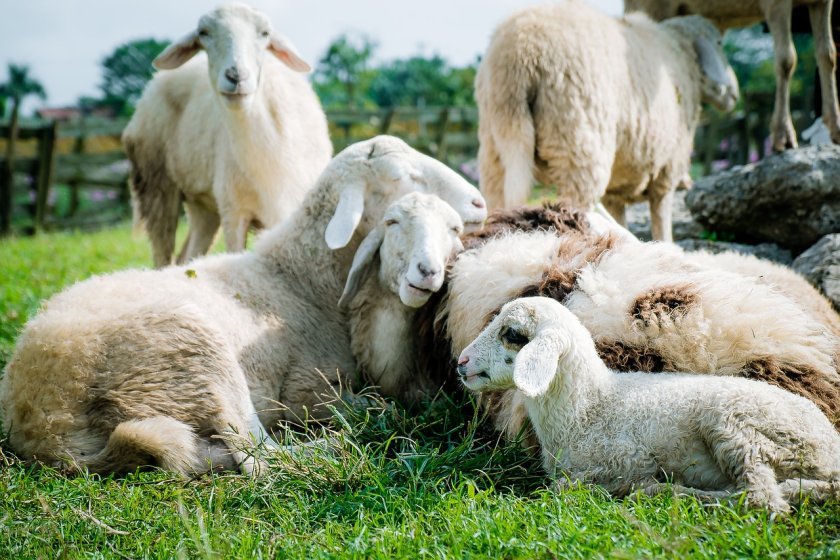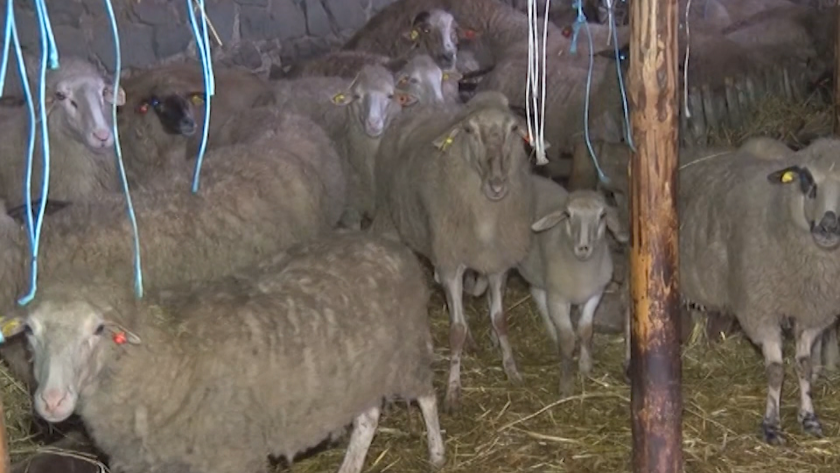Bulgarian Food Safety Agency identified an outbreak of sheep plague (PPR) in Velingrad
This outbreak is the first one in six years.

The Bulgarian Food Safety Agency (BFSA )has identified an outbreak of Peste des Petits Ruminants (PPR), also known as sheep and goat plague, in the town of Velingrad (Southern Bulgaria), as announced by Dr. Daniel Denev, Head of the BFSA Animal Health Department on November 26. He confirmed that there is no doubt regarding the presence of the disease.
The outbreak was detected in three herds consisting of 1,760 animals that are kept together. The test results, which confirmed the presence of PPR, were conclusive. These samples were analyzed at Bulgaria's National Reference Laboratory using methods and standards approved by both the European Reference Laboratory and the World Organisation for Animal Health.
"The outbreak detected in Velingrad is the first in six years and at the moment we do not suspect the presence of the disease elsewhere," said Dr Daniel Denev.

He explained that the disease had been concealed for a long period, in violation of the law. He provided a timeline of events, revealing that after suspicions of the disease arose, 40 pairs of blood and saliva samples were taken on November 20. The following day, 50 additional blood and saliva samples were collected. On Friday, November 22, 20 serological samples were taken to detect antibodies. All samples tested positive.
“It is impossible for antibodies to be present in blood samples if the infection is recent, as the development of antibodies takes a minimum of 14 days. Once we have access to the farm, we will take action swiftly. Enhanced clinical examinations have been mandated throughout the entire Pazardzhik region to verify whether the disease has spread to other livestock facilities. We have information on the deaths of four sheep and 20 lambs in the affected herd. However, we do not have ear tags for the deceased animals to determine which of the five facilities they belong to,” Dr. Denev added.
He warned that the economic losses for the country will be severe if the owners of the five affected livestock facilities do not cooperate with the Bulgarian Food Safety Agency (BFSA). Dr. Denev also indicated that the European Union may impose restrictions on Bulgaria, including a ban on the trade of small ruminants and their products. He reminded that similar restrictions were previously imposed on Romania and Greece.
Associate Professor Dr. Iliyan Kostov, Bulgaria’s Chief Veterinary Officer, urged livestock farmers not to be misled into purchasing animals at dumping prices from neighbouring countries with known PPR outbreaks. He emphasized that farmers are responsible for their animals and must take ownership of this responsibility. Associate Professor Kostov further noted that the National Reference Laboratory has been audited twice by the EU and has a 100% success rate.

Associate Professor Emilia Ivanova, Head of the Exotic and Dangerous Infections Laboratory, a specialized unit of the BFSA, explained that the samples were initially tested for two diseases. Sheep and goat pox were ruled out first, and then the samples were tested for PPR. The results were positive, and Associate Professor Ivanova stressed that there is no reason to doubt the findings. She highlighted that the laboratory participates in blind testing twice a year. Additionally, she confirmed that the laboratory tests are being prepared for submission to Montpellier not for confirmation but for further investigation to determine the origin of the infected animals.
Deputy Executive Director of the BFSA, Dr. Valentin Atanasov, reported that the Agency has filed a complaint with the Prosecutor's office regarding the illegal import of animals and the concealment of information about the disease at the Velingrad facilities, where positive tests for PPR were found.
Get the latest news wherever you are!
Follow us on
Facebook
and
Instagram
Follow BNT’s YouTube channel
You can now also watch us on
TikTok
Find us on
Google News























